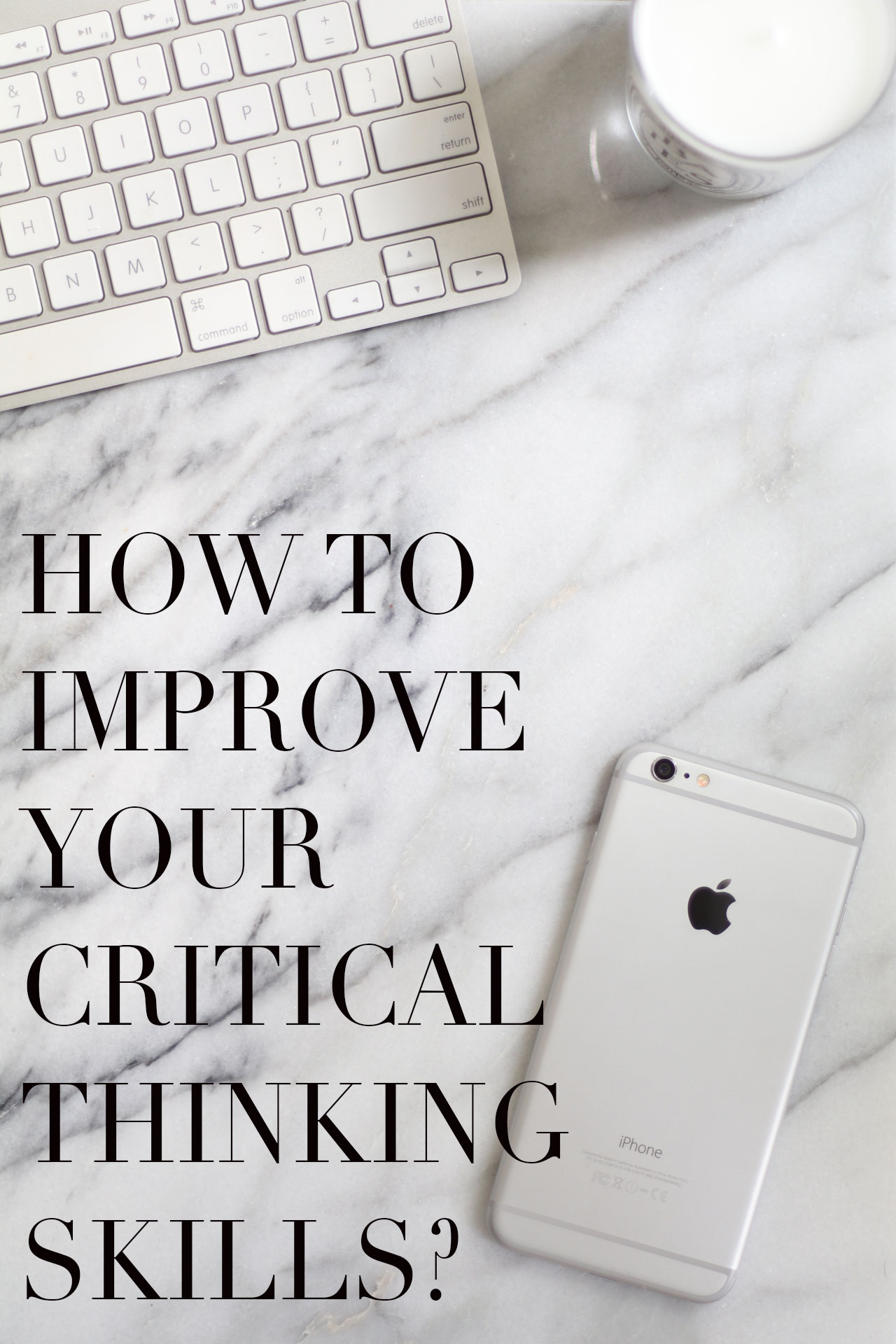In today’s fast-paced world, the ability to think critically has become a vital skill across various domains, from academics to professional environments. One engaging and enjoyable way to enhance this skill is through solving mini crosswords. These compact puzzles not only provide entertainment but also challenge our cognitive abilities in unique ways. This article delves into how mini crossword clues can improve critical thinking in English, backed by research, examples, and insights into the cognitive processes involved.
Understanding Critical Thinking

Critical thinking is defined as the ability to analyze and evaluate an issue or situation to form a reasoned judgment. It involves several key skills, including:
- Analysis: Breaking down complex information into manageable parts.
- Interpretation: Understanding and explaining the meaning of information.
- Inference: Drawing logical conclusions from available information.
- Evaluation: Assessing the credibility and relevance of information.
- Problem-solving: Finding solutions to challenging situations.
Developing these skills is crucial, as they allow individuals to navigate challenges effectively and make informed decisions. Mini crosswords serve as an engaging medium for enhancing these capabilities.
The Role of Mini Crosswords in Cognitive Development

Mini crosswords, typically consisting of a small grid and simpler clues, present a unique challenge that can sharpen critical thinking skills. Here’s how:
1. Encouraging Lateral Thinking
Many mini crossword clues require solvers to think outside the box. For example, a clue like “Not heavy” may lead to the answer “light,” but it can also prompt solvers to consider synonyms, antonyms, and context. This form of lateral thinking fosters creativity and flexibility in thought processes.
2. Enhancing Vocabulary and Language Skills
Solving mini crosswords requires a good command of vocabulary. Each clue challenges the solver to recall words that fit specific definitions. Engaging with new vocabulary enhances language skills and improves comprehension, which is integral to critical thinking.
3. Developing Pattern Recognition

Mini crosswords often involve recognizing patterns and relationships between words. For instance, a clue might reference a word that has a similar prefix or suffix to another word in the puzzle. This skill of identifying patterns is foundational in critical thinking, as it aids in making connections between disparate pieces of information.
Case Studies: The Impact of Crossword Puzzles on Cognitive Skills
Research has shown that engaging in puzzles, including crosswords, can lead to significant improvements in cognitive abilities. A study conducted by the Journal of Alzheimer’s Disease found that older adults who regularly engaged in crossword puzzles performed better on cognitive tests compared to those who did not. Another study published in Neuropsychology revealed that participants who solved crosswords showed enhanced problem-solving skills and faster processing speeds.
These findings underline the potential of mini crosswords to serve as a cognitive training tool, promoting not just enjoyment but also substantial mental benefits.
Practical Applications of Mini Crosswords in Education
Teachers and educators can utilize mini crosswords as an effective educational tool to foster critical thinking in students. Here are some practical applications:
- Vocabulary Building: Create mini crosswords that focus on specific vocabulary lists or thematic units, allowing students to engage with words in a fun context.
- Critical Analysis: Use crossword clues that require students to analyze texts or concepts, enhancing their comprehension and interpretative skills.
- Team Collaboration: Organize crossword-solving competitions that encourage teamwork, allowing students to share insights and collaboratively develop solutions.
Such interactive learning methods have been shown to increase engagement and retention, making the learning experience more effective.
Utilizing Technology: Digital Mini Crosswords

With the rise of technology, digital platforms for mini crosswords have become increasingly popular. Apps and websites offer a variety of puzzles that can be accessed anywhere, making it easier for individuals to engage with them regularly. Some advantages of digital mini crosswords include:
- Accessibility: Users can access a wide range of themes and difficulty levels at their convenience.
- Instant Feedback: Digital platforms often provide immediate feedback, allowing solvers to learn from their mistakes and improve their skills.
- Social Interaction: Many apps allow users to compete against friends or share their progress, fostering a sense of community.
These features make digital mini crosswords an excellent tool for enhancing critical thinking skills in a modern context.
Statistics: The Growing Popularity of Puzzles
The popularity of puzzles, including mini crosswords, has surged in recent years. According to a report by Market Research Future, the global puzzle market is expected to grow at a CAGR of 5.5% from 2021 to 2026, with crosswords being one of the leading segments. This trend reflects a growing recognition of the cognitive benefits associated with engaging in puzzles and games that stimulate critical thinking.
Conclusion: The Lasting Impact of Mini Crosswords on Critical Thinking
In an era where critical thinking is more crucial than ever, mini crossword clues present a unique and enjoyable method for enhancing this vital skill. By encouraging lateral thinking, enhancing vocabulary, and promoting pattern recognition, these engaging puzzles serve as a powerful tool for cognitive development.
The evidence from various studies, along with practical applications in educational settings, underscores the potential of mini crosswords to foster critical thinking across age groups. As we embrace technology and the digitalization of learning tools, the opportunities to engage with mini crosswords are more accessible than ever.
In summary, incorporating mini crosswords into daily routines or educational curriculums can significantly improve critical thinking skills, making them an invaluable resource for learners and professionals alike. So, pick up a pencil or download that app, and let the journey of critical thinking begin!
